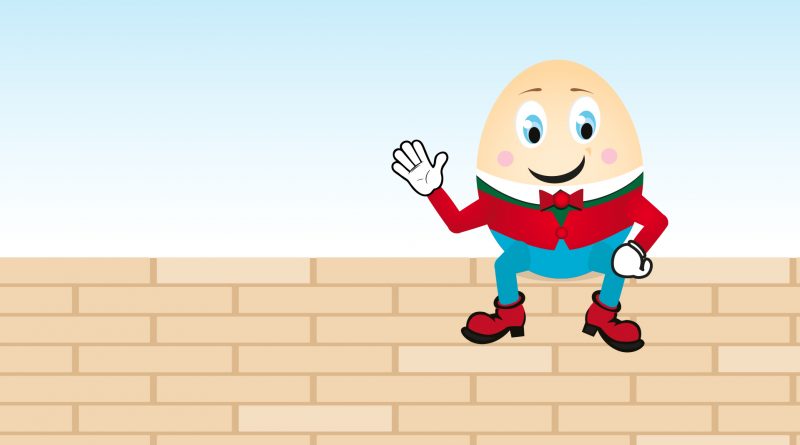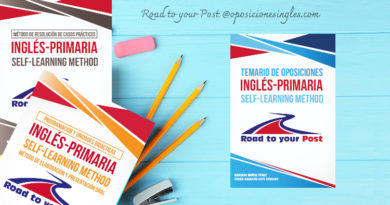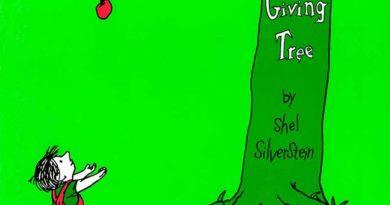Fostering critical thinking through stories. Humpty Dumpty (fixed stories).
Fostering critical thinking and transversal elements through stories. Humpty Dumpty (fixed stories).
Humpty Dumpty – Source: Fixed Fairy Tales.
More information:
www.oposicionesingles.com
https://shop.oposicionesingles.com/
Follow us: https://www.facebook.com/OposicionesInglesRP/
More about Road to your Post: oposicionesingles.com
According to Rod Ellis (1997), it is clear that transfer is governed by learners´ perception about what is transferable and their stage of development. The starting point cannot be the learners´ L1, since learners do not proceed replacing L1 rules with L2 rules; rather, they construct their own ones.
Summing up, the mother tongue is a resource for learners to be used consciously and subconsciously to help them process the FL data in the input and to perform in the FL. Using these resources depends on different factors related to the formal and pragmatic features of the native and target languages (i.e. linguistic factors); and the learner’s stage of development and type of language use (psycho and sociolinguistic factors). The influence of the L1 is likely to be most evident in the FL phonology -the ‘foreign’ accent is ubiquitous- but it will occur in all aspects of the FL. The L1 is then a contributing factor to FLL, but we also need to consider some others like individual learner differences.
The methodological implications of classroom interaction as a way to enhance our students´ communicative competence have to do with supporting understanding, motivating and creating the optimal conditions to foster interaction. In this sense, FL teachers should:
• Use scaffolding techniques to build on existing knowledge, helping students to see the usefulness of the FL.
• Devise activities within the Zone of Proximal Development (ZPD), so that students perceive activities as reachable challenges.
• Take advantage of the information gap principle (one student knows something that other student needs to know to succeed in a specific activity; i.e. a game) to create attractive and meaningful tasks and arouse the students´ need to communicate.
• Create a pleasant classroom environment in which students do not fell daunted towards participation, since diversity, different responses and errors are accepted as a natural part of the FLL process.
• Facilitate students´ understanding through verbal and non-verbal means.
• Create a sense of community in the FL classroom to promote collaboration and cooperation through real interaction in daily shared experiences, as in a storytelling activity in which students collaborate to retell the story in groups or in collaborative games.
4. CONCLUSION
In this topic we have seen that language learning is the subject of different disciplines. In this sense, we have seen some contributions of Applied Linguistics. Similarly, we have also analyzed the different perspectives regarding language learning, from behaviourist approaches to cognitive ones. One of the most important implications of the mentalist positions is that error is an evidence of learning, as opposite to the behavioural view.
The common aspects between L1 and FL have to be taken up by FL teachers as students already have experiences and knowledge from their mother tongue. However, as we know, there are also important differences as FL learning implies less input in the student’s environment than L1, less cultural support and often fear to make mistakes. Therefore, similarities and differences between L1 acquisition and FL learning and how the mother tongue may influence the L2 learning are central points in this presentation, since the methodological implications may positively affect FL teachers´ practice.
Finally, we have also seen that students´ “come in all types” and that there are a number of factors involved in learners´ differences; and we have considered the importance of classroom interaction as a way to promote communicative competence, which as we know, is the final goal of FLT, as it is stated in the official curriculum, RD 126/14 (a reference to the curriculum of the Autonomous Community should be included here).
…
https://shop.oposicionesingles.com/




